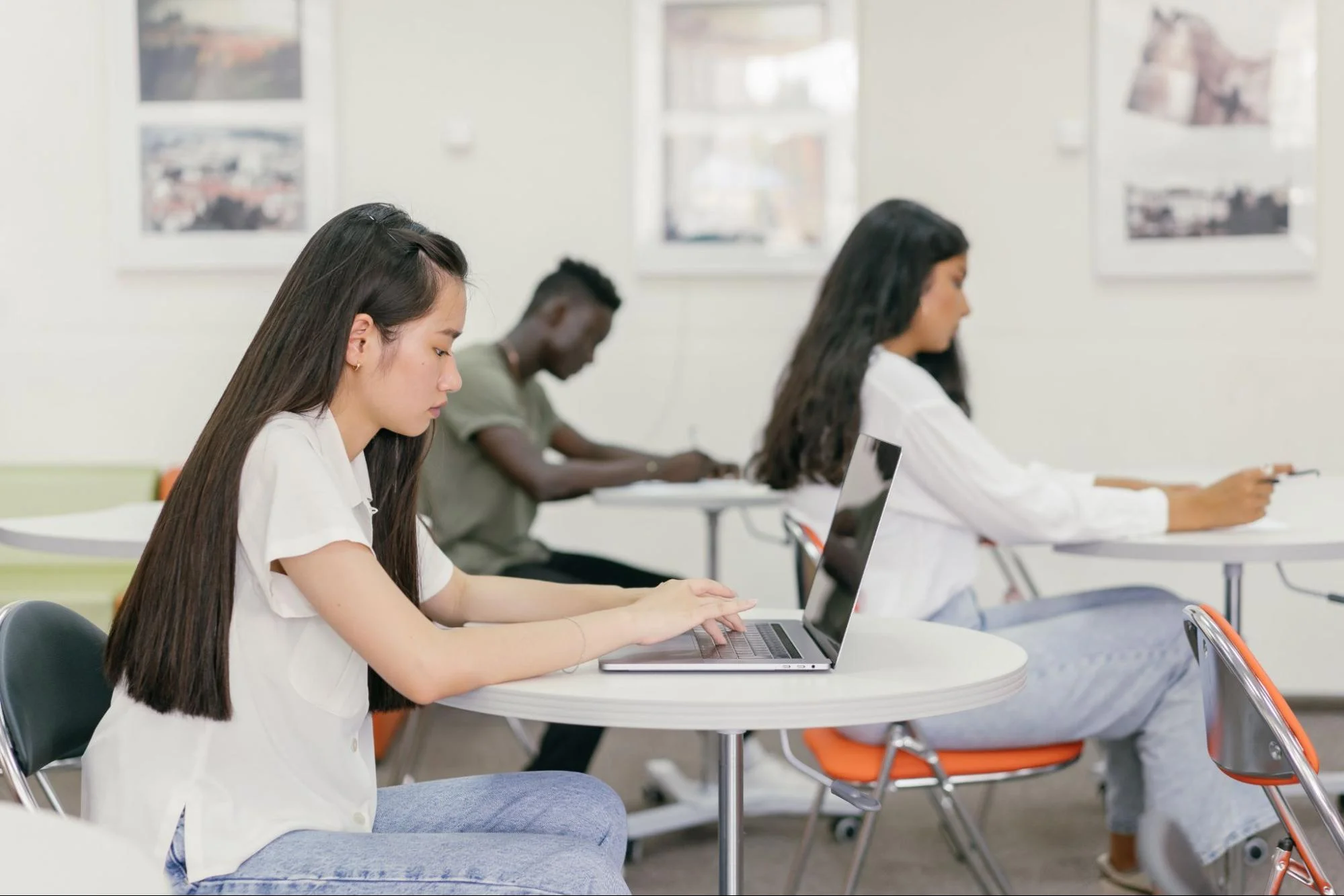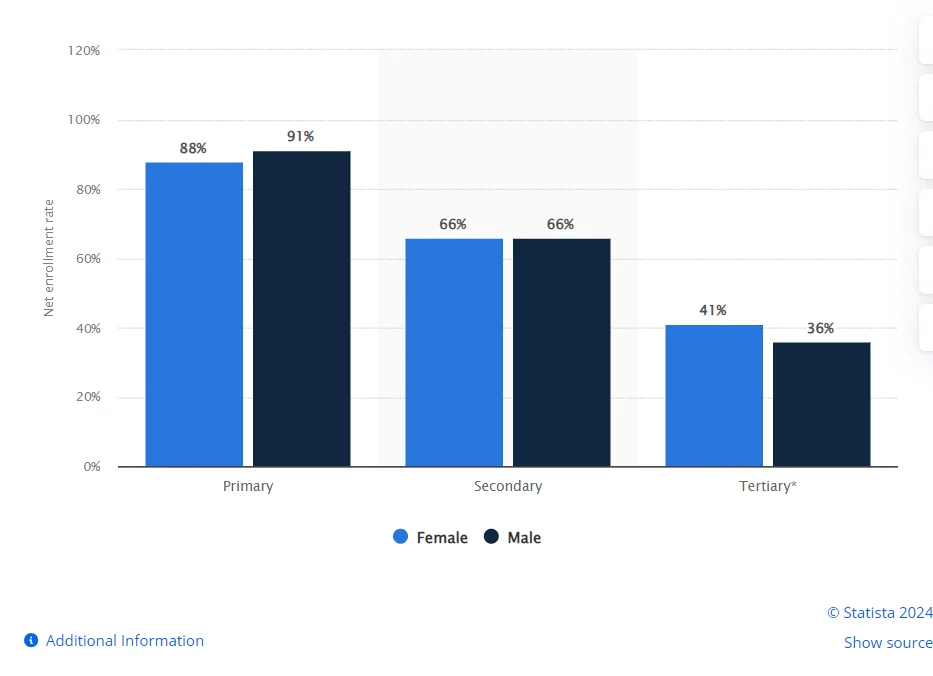
Pursuing academic excellence has become a paramount goal for students, parents, and educators alike. While achieving high grades is undoubtedly important, it’s equally crucial to strike a balance with the essence of true learning.
The Conundrum of Academic Excellence
Academic excellence, traditionally defined by high grades and standardized test scores, has long been considered the golden ticket to future success. However, this singular focus on grades often creates a narrow vision of education, where the goal becomes achieving the highest marks rather than understanding and applying knowledge.
The pressure to excel academically can lead to a culture of memorization and rote learning, where students memorize facts for exams but may struggle to grasp the underlying concepts. This approach, though effective in achieving short-term goals, may not foster a genuine love of learning or critical thinking skills.
Recommended Reading: Free Community College In The United States
Educational attainment worldwide

Beyond Grades: Embracing True Learning
True education goes beyond what is covered in a syllabus. It requires interest, research, and in-depth knowledge of the subject. Teachers and students alike should concentrate on developing a comprehensive approach to learning rather than focusing only on grades.
Intellectual curiosity is fostered by encouraging students to pose questions, participate in debates, and look into practical applications of what they are learning. Developing abilities that go beyond the classroom, such as critical thinking, problem-solving, and the capacity to apply knowledge in a variety of contexts, is the essence of true learning.
Recommended Reading: How To Get Into Harvard – 2024 Guide
Striking the Balance
Finding a balance between real learning and academic excellence is the difficult part. Instead of sacrificing one for the other, the goal is to create a balance that supports both. Here are a few tips and strategies for striking this balance:
Project-Based Learning
Include projects in the curriculum to help students apply their theoretical knowledge to practical situations. This method stimulates critical thinking and fosters a greater comprehension of the material.
Recommended Reading: Best Non-Ivy League Schools
Promote Independent Exploration
Encourage students to explore areas of interest on their own by giving them the tools and direction they need. This independence fosters a sense of personal responsibility for one’s educational path.
Assessment Beyond Exams
Consider assessment strategies outside of conventional testing. Include portfolio evaluations, group projects, and presentations that test memorization, critical thinking, and creativity.
Develop a Growth Mentality
Promote the value of a growth mentality, which is the conviction that skills can be acquired via commitment and diligence. This change in perspective can have a good effect on how a student approaches obstacles and educational opportunities.
Include Real-World Experiences
Through internships, field trips, or guest lectures, make the connection between what is learned in the classroom and real-world experiences. This increases the applicability of academic information by bridging the gap between theory and practice.
The Lifelong Impact
The future of an individual is greatly affected by striking a balance between actual learning and academic performance. While having high grades can help, long-term success is more often determined by one’s capacity for critical thought, flexibility in the face of change, and creative application of knowledge.
To put it simply, academic brilliance shouldn’t be the main goal but rather a result of real learning. Students’ grades show their true comprehension and involvement with the material when they are enthusiastic about what they are learning.
Recommended Reading: Harford County Public Schools
Conclusion
In the pursuit of academic excellence, do not lose sight of the true essence of learning. Education is a lifelong process of inquiry and discovery, not only a means to an end. By finding a balance between academic success and real-world learning opportunities, we enable students to flourish in the present and ever-changing future. It’s time to rethink educational success and put genuine learning at its center.
Moonpreneur is on a mission to disrupt traditional education and future-proof the next generation with holistic learning solutions. Its Innovator Program is building tomorrow’s workforce by training students in AI/ML, Robotics, Coding, IoT, and Apps, enabling entrepreneurship through experiential learning.


























According to reports, AI and Machine Learning are among the top 10 skills for 2024, due to their ability to assist with data collection, sorting, maintaining accuracy, and reducing manual labor. Mastering these fields can lead to diverse job opportunities, as research scientists, for instance, use AI to manage extensive data sets efficiently.